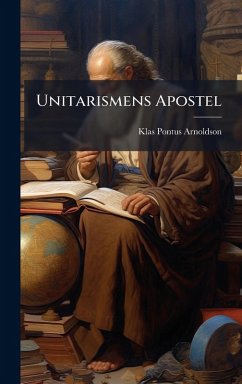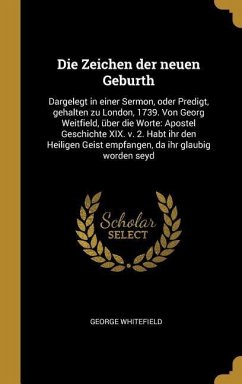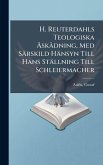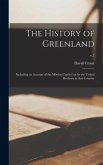Unitarismens Apostel: 4. Föreläsningar by Klas Pontus Arnoldson offers a glimpse into the religious and intellectual landscape of 19th-century Sweden. This collection of four lectures explores the principles and history of Unitarianism, a theological movement emphasizing the oneness of God and the importance of reason and individual conscience in matters of faith. Arnoldson, a prominent Swedish writer, politician, and pacifist, presents a compelling case for Unitarianism as a rational and ethical alternative to traditional Christian doctrines. These lectures provide valuable insights into the religious debates of the time and Arnoldson's vision for a more tolerant and enlightened society. Scholars of religious history, particularly those interested in the development of Unitarianism in Scandinavia, will find this volume to be a significant resource. This work has been selected by scholars as being culturally important, and is part of the knowledge base of civilization as we know it. This work was reproduced from the original artifact, and remains as true to the original work as possible. Therefore, you will see the original copyright references, library stamps (as most of these works have been housed in our most important libraries around the world), and other notations in the work. This work is in the public domain in the United States of America, and possibly other nations. Within the United States, you may freely copy and distribute this work, as no entity (individual or corporate) has a copyright on the body of the work. As a reproduction of a historical artifact, this work may contain missing or blurred pages, poor pictures, errant marks, etc. Scholars believe, and we concur, that this work is important enough to be preserved, reproduced, and made generally available to the public. We appreciate your support of the preservation process, and thank you for being an important part of keeping this knowledge alive and relevant.
Bitte wählen Sie Ihr Anliegen aus.
Rechnungen
Retourenschein anfordern
Bestellstatus
Storno








